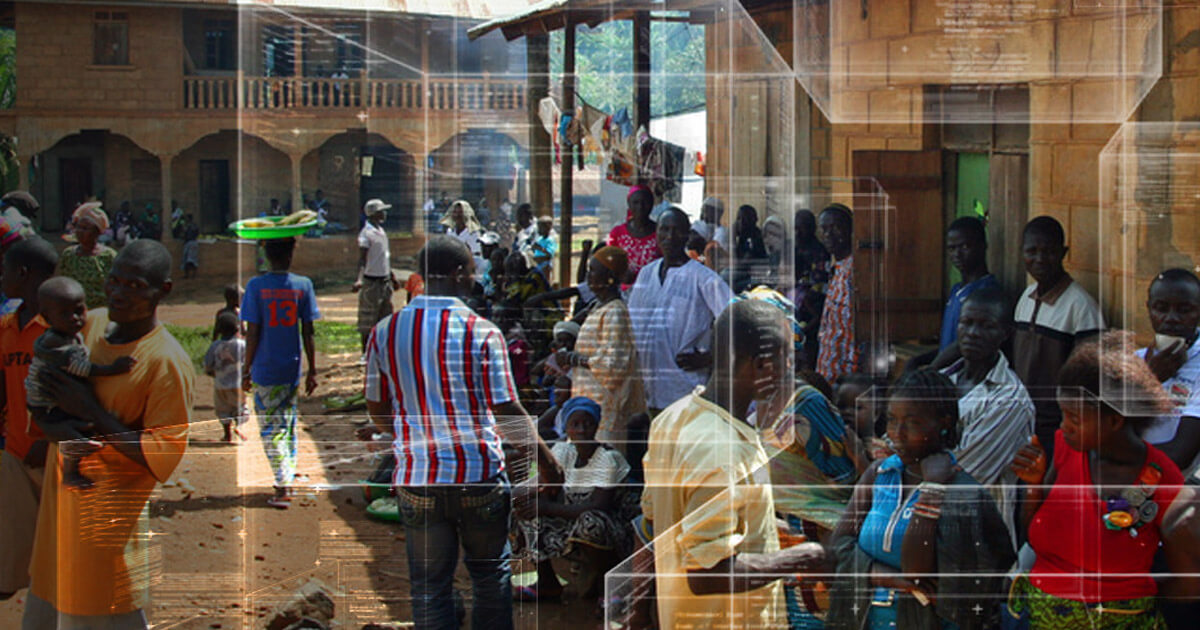Photo by Andrey Grinkevich on Unsplash
Blockchain elections are currently a hot topic. Most recently, the Sierra Leone elections were dominating headlines and whether or not they held the first blockchain elections (They didn’t). So who is using blockchain technology for elections and has anyone been successful?
Russia used the technology for public opinion polls, West Virginia announced that it would be testing it for its military personnel and a company called VoteWatcher has patented a blockchain-based technology that they have been developing over the years.
Russia

Russia is one country who is hoping to lead the way when it comes to using blockchain technology in elections. They did recently use the technology in elections, not for voting but for research.
The VTSIOM public opinion research agency used blockchain technology in the recent March 18th vote that saw Vladimir Putin re-elected.
Ella Pamfilova head of Russia’s Central Election Commission announced that she plans to introduce a blockchain-based voting system to protect against hacking and rigging in voting as well as providing more security and convenience for voters.
She announced on the “Moscow Calling” radio station on Tuesday.
“I will discuss this issue with the president … there is a public demand for it. We have refurbished everything we could before the latest election, but now as the election is over we have to act preemptively. I want to make a system that has no analog, a system based on the blockchain. This is my ambition.”
West Virginia
West Virginia released a statement announcing that it will be testing a secure military mobile voting solution for military service members who can’t vote in person. Making it the first such state to test mobile voting by blockchain in a federal election.
West Virginia Secretary of State Mac Warner said:
“The current absentee process for West Virginia military voters who are currently deployed can be cumbersome to complete. Finding solutions to ensure military personnel are able to vote has been one of Warner’s priorities since taking office 14 months ago.“
Mobile voting will be a pilot project for West Virginia, that will first be tested in two counties, Harrison County and Monongalia County. Deployed and enlisted military voters will be able to cast their vote using a regular Apple or Android smartphone and approved State or Federal ID.
The new system started on Friday, March 23rd and will be open until the polls are closed on primary election day on May 8, 2018.
VoteWatcher

A representative of Nick Spanos, founder, and CEO of VoteWatcher reached out to CryptoSlate following our recent article on what happened in the Sierra Leone elections.
Spanos told CryptoSlate:
“Agora has many of the right ideas, but they seem to be rushing to market in a very difficult environment. Our company, Votewatcher, has patented technology that we have developed over years, and have deployed our system with paper ballots on a public block chain in multiple party level elections but are we still working on government buy-in. Blockchain voting will empower democracy around the world, but it must be done right and stakeholders like Agora will need to show patience, commitment and work very hard to sell the concept.”

Blockchain technology and elections go hand in hand. The decentralized, transparent nature of blockchain technology will help to eliminate voting fraud. With more pilot projects starting, it is exciting to see the implications of the technology in future elections.





































































































